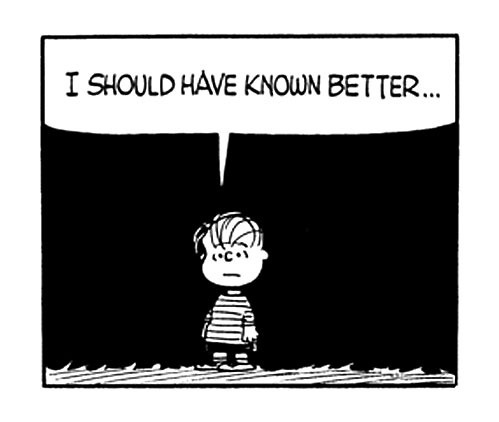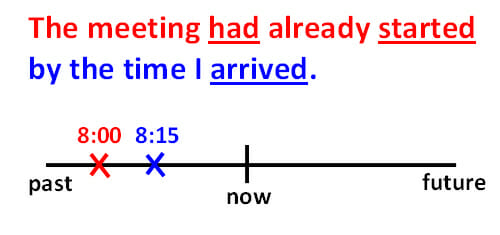•Monday
4/4/16: Reading exam (*selected
students)
–Two texts following a
similar theme
(900-1000 words in length in
total)
•Wednesday
6/4/16: Writing exam –
short story (*all
students)
–About
300-400 words.
–You will be presented with a
single picture, which should act as inspiration for your story.
•Thursday
7/4/16: Speaking exam (*selected
students)
–You
will be presented with three images, and asked to create a narrative for the
story.
–A conversation
with me.
You must speak
for 4-5 minutes and the whole recording must not last more than 7 minutes.
–Preparation
time: 10 minutes.
•Friday
8/4/16: Listening exam (*all
students)
–There will be a
preparation lesson for this tomorrow.
–
2-3 texts (one must be
visual), a total of ten minutes in length, followed by a number of questions.








